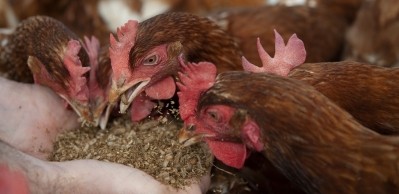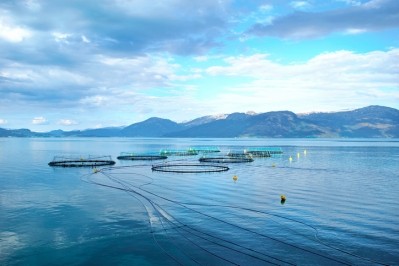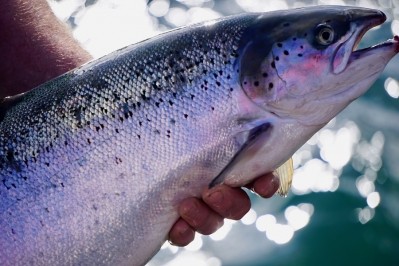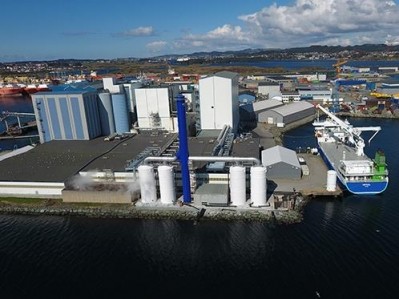BioMar and Morrisons weighing up use of poultry derived protein in salmon feed
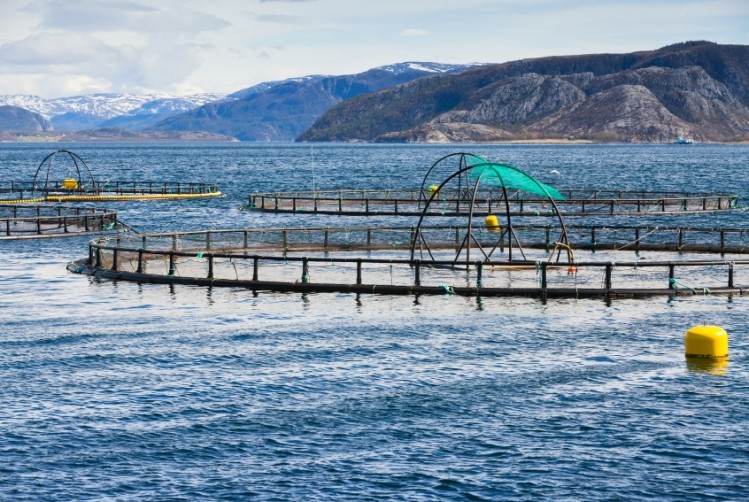
The two companies are also set to work with the Institute of Aquaculture at the University of Stirling and the SARIA group to identify alternative protein sources for salmon farming.
The Scottish Aquaculture Innovation Centre (SAIC) yesterday announced support to the tune of £140,000 ($186,129) for the protein quest and for another feed project involving Alltech, the University of Glasgow, Marine Harvest and NOFIMA.
The initial six-month phase of the project involving BioMar is to focus on collecting data from retailers and consumers to identify the issues related to adopting poultry proteins.
Currently, global salmon feed production relies on three major protein sources: soy meal, fish meal and land animal protein.
However, in the UK industry there is a higher proportion of ingredients from marine resources and imported vegetable protein sources like soy protein concentrates.
Adopting avian protein could significantly reduce feed costs and, in doing so, overall production costs, claimed SAIC.
Consumer acceptance
Although Chilean and Australian salmon farming sectors have been using poultry derived proteins for over a decade without issue, there are still some challenges around consumer acceptance of introducing these products into the UK’s food chain, noted Huw Thomas, Morrisons’ fisheries and aquaculture manager.
Alex Obach, managing director of Skretting Aquaculture Research Centre (ARC), told this publication previously:
“The market’s reluctance to use processed animal proteins in feed arising out of retailer and consumer pressure, despite the huge amount of fish imported into Europe that has been reared on such inputs, is also placing additional restrictions on growth – a policy that, long term, will have to be reviewed as it is an extremely good feed raw material for carnivorous aquaculture species such as salmon, and it is a sustainable option as well.”
If consumer perception around poultry proteins is found to be positive, later phases of the project could comprise nutritional and fish quality analysis, said SAIC.
Metabolic rate
The project that includes Alltech aims to explore a key cause of poor growth in salmon: inefficient digestion, linked to the fish’s metabolic rate.
The partners reported that as intestinal microbes are known to play a central role in how fish metabolize and harvest energy from feed, greater understanding of these processes could reveal routes to improve growth efficiency of salmon.
The total project cost is £360,055, of which £101,644 is contributed by SAIC.
